Abusive Relationships: Warning Signs & How to get help
News
19/04/2017
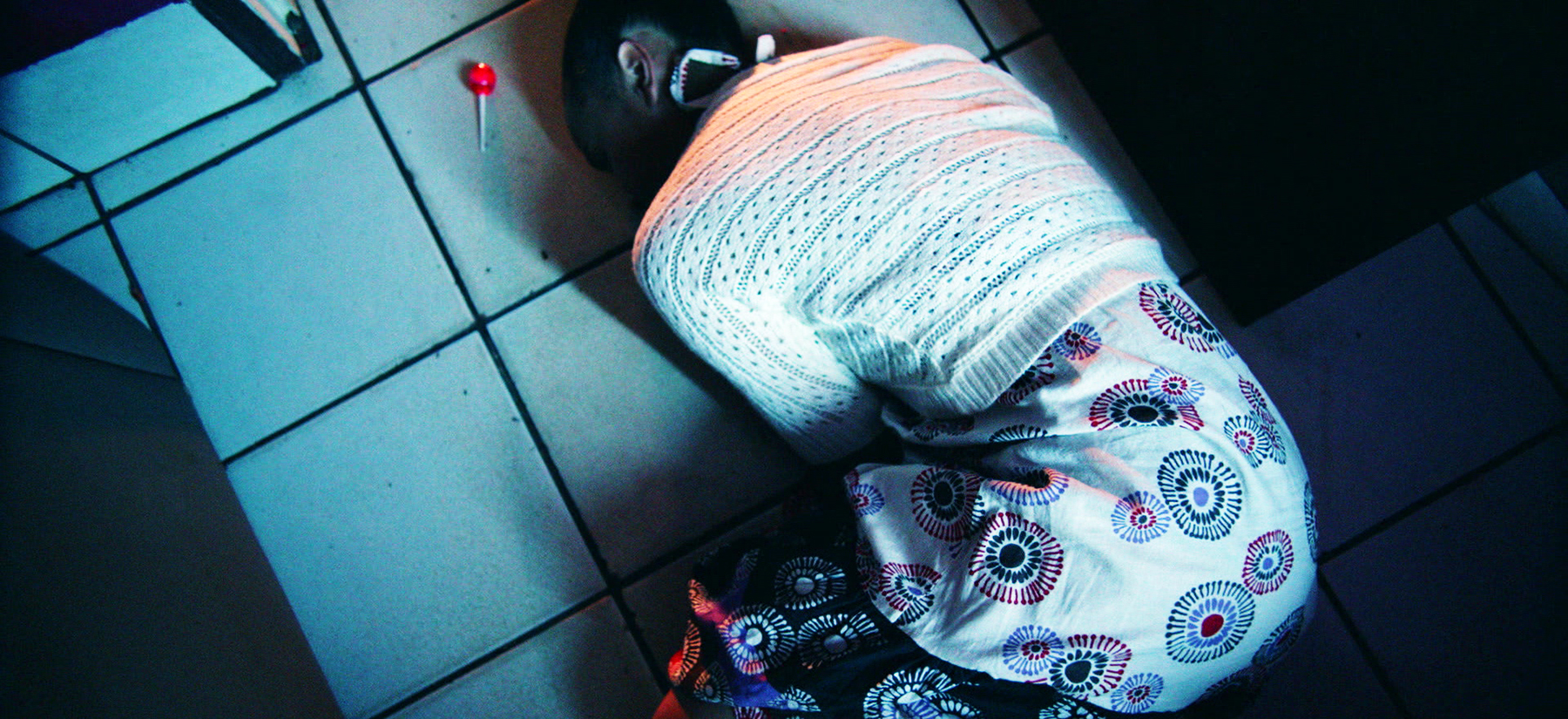
Knowing whether or not you are part of an abusive relationship can be hard to figure out…
Some people tend to think of abusive relationships as those that include physical violence from one partner against another. This is DEFINITELY a form of abuse. However, these toxic relationships we are speaking of are not limited to physical acts of violence. It can be far more subtle than that…
MTV Shuga: Down South has shed some light on a host of difficult issues. One such topic is that of violent relationships. In particular, Sol and Tsholo’s story has shown us how abuse can come from the most unlikely sources. We all thought that Sol was a charming, kind, sweet guy, but the alarm bells should have been ringing from the very start.
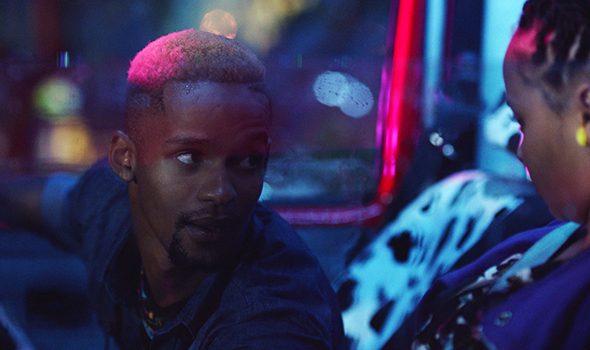
Twenty-something year old Sol was looking for a relationship with a fifteen-year-old learner, and tried to win her over by buying her luxury gifts! This connection was wrong from the beginning and was always destined for a dark turn.
As the season progressed, we saw Tsholo’s relationship with Sol change. Sol began forcing Tsholo into situations that made her uncomfortable, and in episode 5, we saw things get even worse, as Sol forced his way into Tsholo’s home before raping her.
What happened to Tsholo was wrong! No one should ever suffer from abuse, and the victim is never to blame. Survivors of gender-based violence (GBV) need to be supported through what is an extremely difficult time for them.
We need to protect ourselves and those in society who suffer at the hands of violent partners. For starters, knowing some of the warning signs of a harmful relationship can help us tackle GBV:
WARNING SIGNS
CHARM
Rather than a warning sign, this first point is here to show you that abusive relationships do not always start off with violence. Like Sol, most toxic relationships start off through charm and seduction. A violent partner is unlikely to come up to you and begin abusing you from the start. Instead, they can buy your trust, love and affection by showering you with compliments and gifts. Yet, this is NOT a reason to trust them. Being kind, loving and caring are not features exclusive to harmful relationships, but it is important to know that just because someone is sweet and funny, there may be more to them than we originally think.
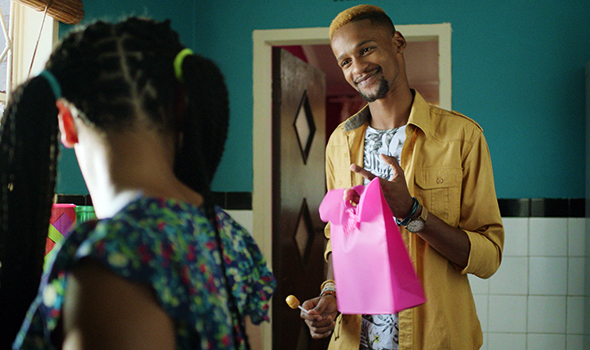
CONTROL
Does your partner want to know where you are every second of every day? Are they constantly questioning who you are with and why you spend so much time with them? Do they tell you who you can and can’t speak to? These are some of the ways partners try to gain control over your life and dictate your every move. Distancing you from your family & friends and demanding all of your time helps to isolate you from your support network. No one should tell you who you can or can’t speak to, and where exactly it is you are allowed to go.
EXPECTATIONS
As part of a loving couple, people do nice things for each other because they care about their partner. In a troubled relationship, a person may do something for their partner as an I-O-U; just like Sol, who bought Tsholo a sea of gifts and now demands her full attention. This is NOT an act of love, but simply a way for the violent person to gain the upper hand.
VIOLENCE
Be it sexual assault, GBV or emotional abuse, violence is always a sign of an abusive relationship. Raising your hand to your partner, forcing them to have sex with you against their will, or making them feel emotionally vulnerable is plain wrong. Such situations seem like a far stretch from the charming beginnings of a relationship, but this can happen to anyone, by anyone.
GUILT
There’s a worrying trend that features in many detrimental relationships, and that is: guilt. Even though a victim of domestic violence may be suffering at the hands of their partner, these relationships have a way of making the victim feel like they are responsible for the abuse. Forgetting to clean up, speaking to another person, or ignoring their partner’s calls are some of the ‘justifications’ used to abuse partners. THESE ARE NEVER RIGHT, and are just excuses for their partner’s violence.
HOW TO GET HELP
If you find yourself in a violent relationship, then it can be hard to find a way out. Sometimes we’re in too deep to have a clear view of what’s going on.The toughest step in leaving any harmful partnership is acknowledging that you are part of one.
Most people in these kind of relationships don’t even realise that they are being abused. This is not because they are stupid or ignorant. This is because the abuser makes them feel like they are responsible for the situation. Yet, being on the receiving end of physical, emotional and mental abuse can never be the victim’s fault.
Realising that you are part of a toxic relationship is the first step in seeking help. Second: SPEAK UP! Talk to the police, your family, friends – the world! Abuse thrives in the dark, and by speaking up you are able to access the help you need.Below are some organisations that can provide help if you find yourself in this situation:
South Africa:
• Stop Gender Violence Helpline: 0800 150 150 (24-hour service)
Nigeria:
• The Mirabel Centre
Kenya:
• Healthcare Assistance Kenya (HAK) Helpline: 1195 (Toll free)
For more information on abusive relationships, sexual assault gender-based violence, and other issues featured in #MTVShugaDS, check our knowledge page here. To access more resources on this topic specifically, check out our resources tab now.







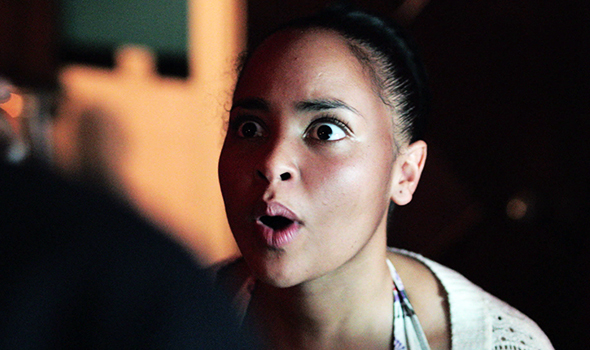
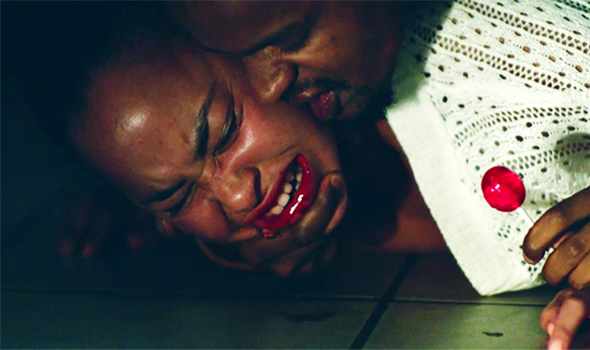
comments
Log In or register to comment